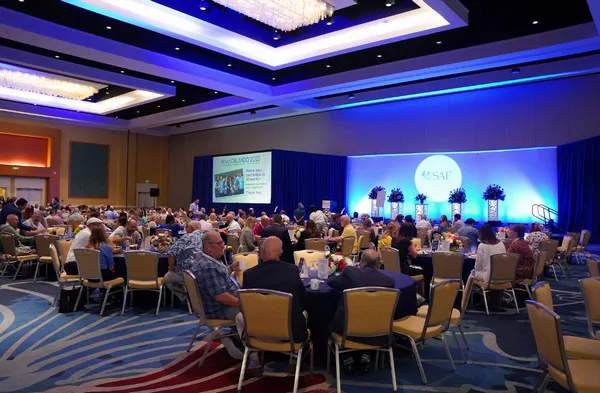Thirty high school science teachers from across the U.S. are embarking on an immersive summer field trip to horticultural destinations around Indianapolis, gaining valuable hands-on experience and insights into careers within the industry. The field trip is part of Seed to STEM, an all-expense-paid professional development program provided by Seed Your Future, an organization committed to raising awareness of career opportunities in the horticulture industry.
Selected from a pool of 153 applicants representing 32 states, the participating teachers will tour a variety of sites from June 2-6, including wholesalers, distribution centers, and notable horticulture and agricultural institutions. Their journey will expose them to over 20 different career paths and provide opportunities to develop a curriculum for use in their classrooms.

Erin Nessmith, the organizer, emphasizes the program's goal to broaden teachers' perspectives on the industry. "It's not about finding a specific pathway but showing that horticulture careers can span academic interests and are not all laborious," she says.
During the program, teachers will:
- Tour the Kennicott Brothers Company distribution center to learn about the floral supply chain and engage in hands-on floral arrangement design under the guidance of a local florist.
- Visit the Newfields campus, home to the Indianapolis Museum of Art and lush gardens, where they will interact with experts in horticulture, art curation, irrigation, and architecture.
- Explore the Indiana Corn and Soybean Innovation Center at Purdue University to learn about cutting-edge drone technologies, soil and erosion systems, and plant breeding innovations.
- Engage in lessons on the science of greenhouse technologies, methane capture, and water systems at Heartland Growers.
- Spend a day at Corteva Agriscience Plant Propagation Building and the Classroom Laboratory, where they will have to hypothesize and then calculate the dosage of chemical products.
"Everything we're doing is something hands-on that they can take back to the classroom," Nessmith says. "The overarching goal is to train teachers with current lessons from the industry and have facilitators to help update and modify lesson plans to incorporate a plant science focus and reflect the many careers. We want to highlight all the people they encounter."
Adrian Carter, one of the teachers selected to attend, is hoping to bring back stronger curriculum and career connections in horticulture. Carter moves among 23 schools in South Florida teaching food forest classes, which focus on mimicking the relationships found in natural ecosystems to sustainably grow fruit- and nut-bearing plants that provide a food source for humans and wildlife.
"I applied because I believe plants are a universal language that can connect everything, especially curriculum," Carter says.
For more information: SAF
SAF
safnow.org
